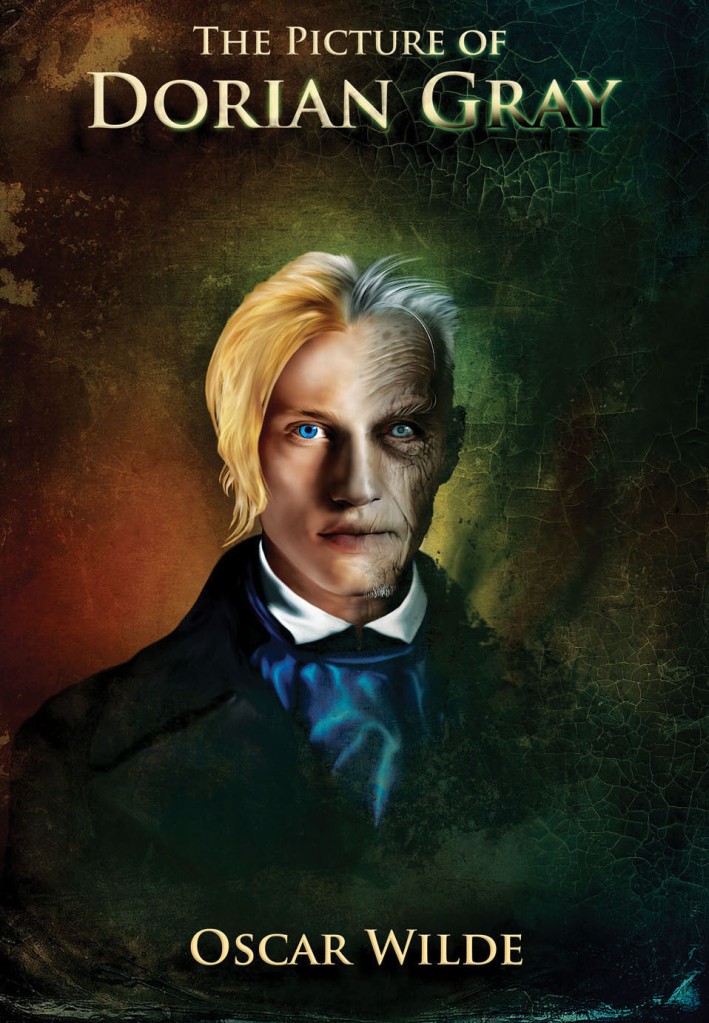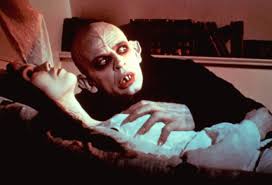
THE PICTURE OF DORIAN GRAY. (1890) BY OSCAR WILDE.
BOOK REVIEW BY SANDRA HARRIS. ©
‘I choose my friends for their good looks, my acquaintances for their good characters, and my enemies for their good intellects. A man cannot be too careful in the choice of his enemies. I have not got one who is a fool.’
‘The only way to get rid of a temptation is to yield to it. Resist it, and your soul grows sick with longing for the things it has forbidden to itself.’
‘Philanthropic people lose all sense of humanity. It is their distinguishing characteristic.’
‘Youth! Youth! There is absolutely nothing in the world but youth!’
‘To get back one’s youth, one has merely to repeat one’s follies.’
‘Women are a decorative sex. They never have anything to say, but they say it charmingly.’
‘Being adored is a nuisance. Women treat us (men) just as Humanity treats its gods. They worship us, and are always bothering us to do something for them.’
‘Yet it was watching him, with its beautiful marred face and its cruel smile…… For every sin that he committed, a stain would fleck and wreck its fairness.’
‘I like men who have a future, and women who have a past.’
‘One can survive anything nowadays, except [Death.]’
It makes me proud as Punch, as an Irish person, to know that the two best horror novels in the English language were penned by Irish blokes; DRACULA by Bram Stoker and Oscar Wilde’s THE PICTURE OF DORIAN GRAY. (Go on, argue with that if you dare, lol.)
The latter was published first in LIPPINCOTT’s monthly magazine in July 1890, although the editor had taken it upon himself, without Wilde’s knowledge or permission, to edit chunks of what he considered to be the most morally suspect bits.
The book tells the story of an exceptionally handsome young man, the titular Dorian Gray, who has come into money left him by his grandfather and is free to live the life of a rich Victorian gentleman, unencumbered by money worries or the need to work for a living. Nice work if you can get it, eh?
The two men who help to shape Dorian’s dreadful destiny are the painter Basil Hallward and the toff Lord Henry Wooton. Basil Hallward paints the titular picture of Dorian, and in it the young man’s extraordinary beauty simply shimmers on the canvas. Basil genuinely feels as if Dorian has inspired him to do his best work ever.
This is where the bored, jaded and ultra-cynical Lord Henry comes in. He is the master of the bon mot, and comes out with such witticisms as: ‘There is only one thing in the world worse than being talked about, and that is not being talked about.’ And here’s what he has to say about the state of matrimony: ‘The one charm of marriage is that it makes a life of deception absolutely necessary for both parties.’ Oh, how utterly dazzling, Lord Henry, and what a wag you are!
Dorian says to him: ‘You cut life to pieces with your epigrams.’ And you’ll never guess what Lord Henry has to say about the fairer sex: ‘We have emancipated them, but they remain slaves looking for their masters, all the same. They love being dominated.’ What a jerk, lol. It would surprise no-one, I daresay, to find out that Henry’s own marriage in the book is neither happy nor successful.
It’s Lord Henry, who, when he sees the stunning portrait, rather nastily (and, let’s face it, probably jealously too) reminds Dorian that his physical beauty has a sell-by date that’s approaching stealthily even now. Dorian for the first time becomes uncomfortably aware of both his beauty and its transient nature. Here’s what he says:
‘How sad it is! How sad it is! I shall grow old, and horrible and dreadful. But this picture will remain always young. It will never be older than this particular day in June. If it were only the other way! If it were I who was to be always young, and the picture that was to grow old! For that- for that- I would give everything! Yes, there is nothing in the whole world I would not give! I would give my soul for that!’
And there you have it. On one glorious summer’s day, the die is cast, the Faustian pact made. The picture will bear the brunt of all of Dorian’s years and excesses, while Dorian himself will remain always as youthful and as handsome as he is now.
In the years to come, heavily influenced by the satyr-like Lord Henry, who is as bad a friend and as base an influence a young innocent boy could ever despair of having around him, Dorian experiments with every vice available to the rich young Victorian gentleman and, as we can imagine, that’s probably a hell of a lot of vices.
The book is sparing on the detail, but we imagine all sorts: women (just look at what happened to the poor tragic little actress, Sibyl Vane!), brothels, sadomasochism and every kind of sexual experimentation known to man, booze, opium and other drugs, gambling, extreme selfishness, manipulating, using and abusing friends, girlfriends and others and ultimately letting them down with a massive bang, to name just a few of the earthly vices. Egged on by Lord Henry, Dorian does it all.
And are there really no consequences? Well, the brother of the ill-used Sibyl Vane wants to avenge his sister: ‘And believe me that if this man wrongs my sister, I will find out who he is, track him down and kill him like a dog, I swear it.’
Also, keeping the portrait a secret from the people in his life proves to be an almost unbearable strain for Dorian. He locks the hideous thing, which changes for the worse every time Dorian commits yet another evil deed, into a disused room in his mansion and puts a screen over it, but it haunts him night and day nonetheless.
It’d be a bit like being put in charge of a stinking decomposing corpse and secreting it somewhere in your gaff, whilst hoping against hope that the stench won’t permeate through the rest of the rest of the house and alert the neighbours…
Dorian finds temporary escape in his intensive study of jewels, perfumes, music, tapestries, embroideries and even ecclesiastical vestments, but nothing can distract him forever from the Portrait in the Attic. His reputation is in shreds all over London: association with him brings shame, ignominy and even death to all who consort with him. And then comes an incident which causes things to unravel at an alarming rate:
‘Alan, in a locked room at the top of this house, a room to which nobody but myself has access, a dead man is seated at a table…’
THE PICTURE OF DORIAN GRAY, Wilde’s only novel, is easy to read and about 256 pages in length. I’ll leave you with another quotable quote from a book that is positively chock-a-block with them: ‘Eternal youth, infinite passion, pleasures subtle and secret, wild joys and wilder sins, he was to have all these things. The portrait was to bear the burden of his shame: that was all.’ Yes, that was all, indeed…
AUTHOR BIOGRAPHY OF SANDRA HARRIS.
Sandra Harris is a Dublin-based novelist, poet, short story writer and film and book blogger. She has studied Creative Writing and Film-Making. She has published a number of e-books on the following topics: horror film reviews, multi-genre film reviews, women’s fiction, erotic fiction, erotic horror fiction and erotic poetry. Several new books are currently in the pipeline. You can browse or buy any of Sandra’s books by following the link below straight to her Amazon Author Page: http://www.amazon.com/-/e/B015GDE5RO
Her debut romantic fiction novel, ‘THIRTEEN STOPS,’ is out now from Poolbeg Books.

